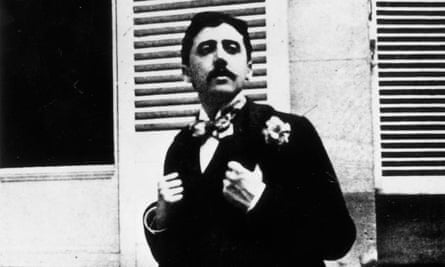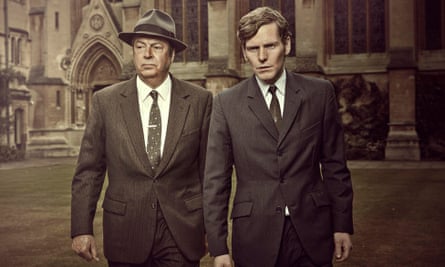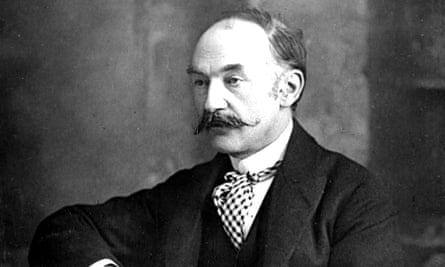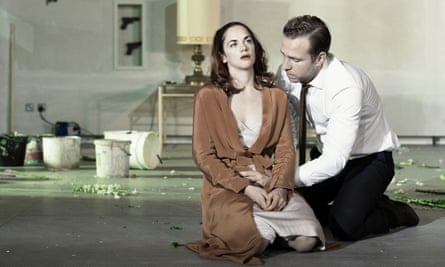Gwendoline Riley was born in London in 1979, and grew up on the Wirral. She studied English at Manchester Metropolitan University and aged 22 published her first novel, Cold Water, which went on to win the Betty Trask award. Her third novel, Joshua Spassky, won a Somerset Maugham award in 2008. Based in London since 2011, she teaches at Keele University and for the creative writing charity Arvon. Her fifth novel, First Love, is published by Granta on 2 February. It centres on a toxic marriage and was called “devastating and stylish” by this paper. Riley will be speaking about First Love at the London Review Bookshop in Bloomsbury on 9 February.
1 | Novel
Remembrance of Things Past by Marcel Proust

I read Proust when I was 17, and again when I was 27. Over Christmas I realised I’d better get it down from the shelf again while I was still 37. I read the Scott Moncrieff translation the first time, and then the second and third time a Penguin edition that has a different translator for each volume. It would be nice if I could remember enough about my previous experiences to contrast and compare. Well, I can’t, in any useful detail, but I know that I feel happy and alive, grateful and at peace while I’m reading Proust.
2 | Film
Les fantômes d’Ismaël

Arnaud Desplechin’s films speak to my blood. His characters are dashing and serious: loyal to their loves, unafraid of enmity, and they shoulder their various commitments with a beautiful pride and a natural panache. In his previous film, Trois souvenirs de ma jeunesse, Mathieu Amalric’s Paul Dédalus responds to an accusation that he should calm down about an old betrayal by saying he likes the word ‘intact’ for these emotions: “Un amour intact! Un chagrin intact! Ma fureur intacte!” Ismaël (also played by Amalric) has appeared in Desplechin’s work before (Rois et reine, 2004) and I’m keen to see him again when this film comes out. Desplechin directed Strindberg’s The Father a couple of years back, at the Comédie-Française theatre in Paris. I wish I could have seen that.
3 | Poem
A Part Song by Denise Riley

My husband had me listen to this poem recently – you can hear Riley (no relation) read it out here. It’s an elegy in which the poet addresses her dead son. It makes me think of a phrase of Nabokov’s from Transparent Things: “the dungeon of the irreparable”. The poem is an attempt to undo what’s done, through wit, cajolement and direct appeal to her now “indifferent lad”. She tunes the song to this end. It’s a fierce stand and unbearably sad. It’s about as racking a work of art as I’ve ever encountered. The collection it comes from is called Say Something Back, and I’m going to read that next.
4 | Television
Endeavour

I never cared for Inspector Morse. He seemed boorish and simpering. It’s rather miserable to know that’s how the sensitive and intelligent young man in [prequel] Endeavour ends up. But that’s life. I love these mysteries. Russell Lewis’s scripts are great and Shaun Evans has an affecting wariness as Morse. Roger Allam’s Fred Thursday is my favourite, though. He’s better than Bogart, he’s so noble. And having had a busy war, he’s naturally low on reserves of patience for cruelty, stupidity, pettiness and wickedness. I enjoy watching him deal with the criminal classes. I like his laconicism, especially the curtailed phrases and sayings he deploys: “Sworn to.” “Happy as.” “Every dog.”
5 | Biography
Thomas Hardy: Half a Londoner by Mark Ford

We went on holiday a few years ago to Portland in Dorset, which was the setting for Hardy’s last published novel, The Well-Beloved. That features a sculptor who leaves the island, and his sweetheart, for the salons of London. Does he find what he’s looking for? Well, not exactly. (In fact the book is like Proust in miniature, in a way. The sculptor, Jocelyn Pierston, is in search of an ideal woman who is lost in time.) I’ve just finished Ford’s book, which concentrates on Hardy’s years in London, as a young apprentice architect and later as a literary personage. I find Hardy’s character and sensibility very appealing, and this book was full of subtle insights into both.
6 | Theatre
Hedda Gabler by Henrik Ibsen

Having tickets to the production at the National gave me the impetus to read this play. I’ve enjoyed thinking about Hedda. She is evil, I think, and abject. I don’t know that she needs valorising, but I didn’t enjoy seeing her strings pulled either. I’d like to see this play again in a different production. I wasn’t overwhelmed with enthusiasm for this one - I struggled to find much of Ibsen’s uncanny understanding of women on display. Instead this seemed nervous about Hedda, standing one step back before spitefully punishing her. Nonetheless, Ruth Wilson as Hedda was formidable.
7 | Interview
Bob Dylan in AARP Magazine

This interview is a couple of years old – Dylan had just released Shadows in the Night - but it’s stayed with me. The interviewer asks good questions and I learned a lot. I must have time on my mind because Dylan’s thoughts on time keep coming back to me: “Life has its ups and downs, and time has to be your partner, you know? Really, time is your soul mate.” I first saw Dylan at the Liverpool Empire about 20 years ago. In my memory, at least, he opened with Man in the Long Black Coat, and I got the shivers.

Comments (…)
Sign in or create your Guardian account to join the discussion